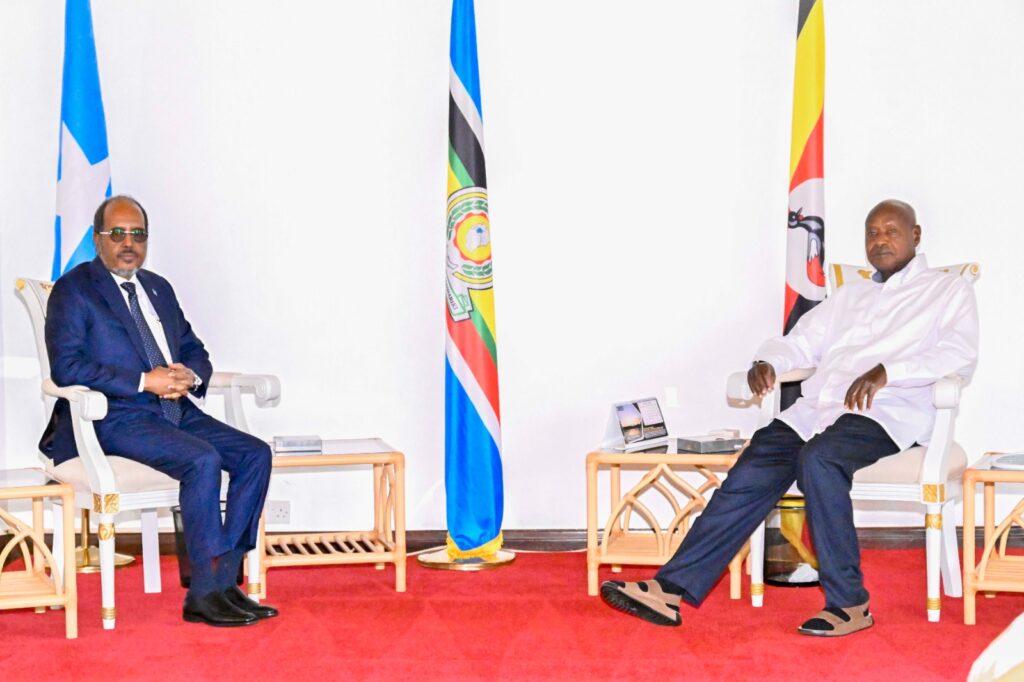The Role of Intelligence in Safeguarding National Security Against Corruption

In a presentation at the School of Military Intelligence, Brig. Gen. Henry Isoke warns senior intelligence officers of corruption’s threat to national security, emphasizing its impact on the economy and military. He urged intelligence officers to integrate the fight against corruption into their routine duties, emphasizing the importance of integrity, transparency, and timely reporting of threats to national security.

The Head of the State House Anti-Corruption Unit (SHACU), Brigadier General Henry Isoke, has issued a stern warning to senior intelligence officers regarding corruption, emphasizing its perilous implications for national security.
In his presentation on ‘Threats posed by corruption to national security and the role of intelligence in mitigating the threat,’ delivered to senior intelligence officers enrolled in the Officers Basic Intelligence Course (OBIC) at the School of Military Intelligence in Migyera, Nakasongola district, Brig. Gen. Isoke underscored corruption’s multifaceted impact on the economy, environment, military, and the foundational pillars of the state.

Highlighting manifestations of corruption within the security forces, particularly in the form of logistics theft hindering operational effectiveness, Isoke emphasized the direct threat such practices pose to the country’s security posture.
The SHACU leader further noted instances of corruption in the abuse of contracts and public procurements, perpetuated by corrupt public elites, resulting in compromised service delivery and potential civil unrest.
Brig. Gen. Isoke emphasized the pivotal role intelligence agencies play in combating corruption, citing SHACU’s intelligence-led operations and collaborative efforts with the Chieftaincy of Military Intelligence and the Internal Security Organization.

Isoke commended government policies aimed at enhancing transparency in governance, citing decentralization as a mechanism for citizen participation in government projects and budget processes, ultimately curbing corruption.
Asserting that intelligence officers serve as the eyes and ears of the nation, Isoke urged them to integrate the fight against corruption into their routine institutional duties. He stressed the importance of promoting a culture of integrity, transparency, and accountability, while encouraging timely reporting and sharing of intelligence on detected threats to national security. Additionally, Isoke urged young officers to uphold patriotism and discipline in their duties.







